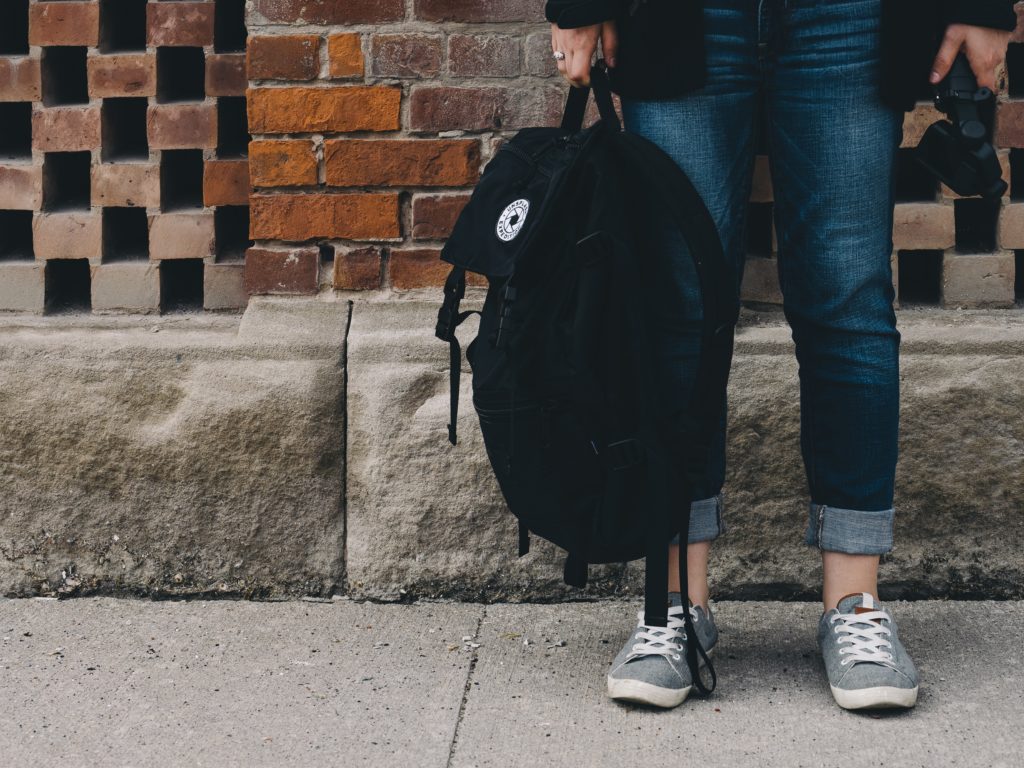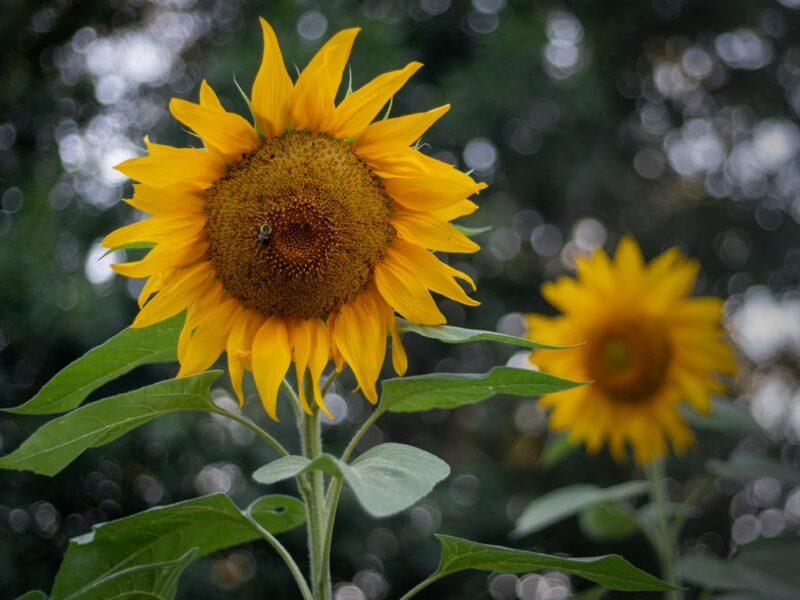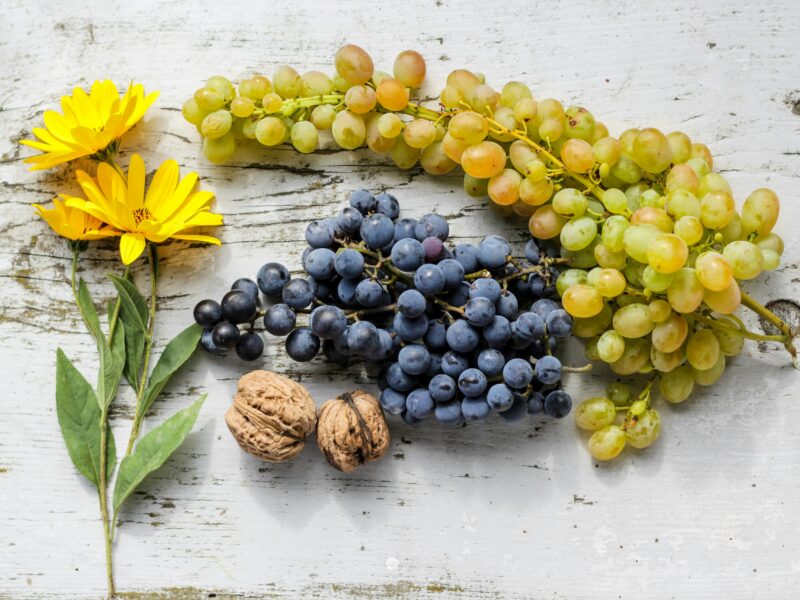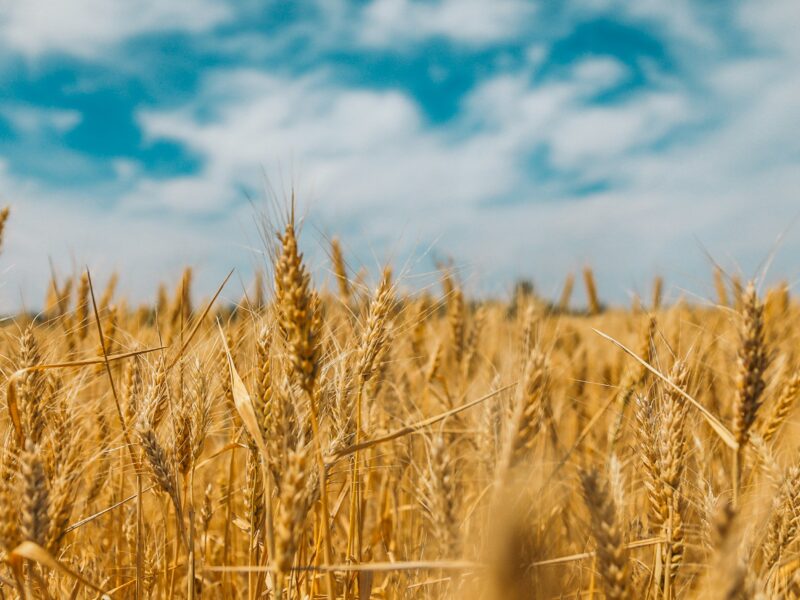It’s that time of year again – parents are either prepping for the first week or readjusting their schedules to end the summer season. Back-to-school preparations can be stressful for parents and students alike. But, it can be a FUN season with the right preparation for the change in season.
We may get bombarded with ads, but not many of them help identify how to go back to school with organic in mind. So here are some organic, eco-friendly, and climate-conscious ideas to help you navigate this exciting season with ease.
Reduce, reuse and recycle
First things first, to green our back-to-school plans, let’s look at items we can save money on and reduce waste. At Only Organic, we focus on educating consumers on how best to skip the chemicals and purchase organic products. But there’s more we can do in our daily lives to reduce waste.
Before you start shopping, take stock of what you own that’s reusable or can be repurposed. You can also connect with friends and community members and do a swap for things that may be usable but that you no longer need or want. One student’s trash is another’s treasure. And this approach may remove a lot of new and expensive purchases from your back-to-school shopping list. Learn more about reducing waste and cleaning up our environment here.
After making your back-to-school list, and reviewing what can be reused, repurposed, or donated, now comes the shopping!
Organic food
You can immediately and dramatically reduce your kids’ exposure to pesticides and other agricultural chemicals by switching to certified organic foods, as a study by the Swedish Environmental Research Institute demonstrated. When the family in this study switched to organic food, both the amounts and number of pesticides in the children’s bodies dropped.
Young digestive tracts absorb toxins more readily than those of adults, and young livers and kidneys don’t detoxify as efficiently as adults do. As a result, toxins circulate longer in kids’ bodies, making the effect of exposure four times greater than in adults.
Another study, from Friends of the Earth, showed that switching to an organic diet decreased levels of cancer-causing glyphosate – the main ingredient in Bayer-Monsanto’s pesticide Roundup – by 70 percent in participants’ bodies in just one week.
Processed items are typically packaged with wasteful and toxic materials like plastic that often end up in landfills and the ocean. It’s a good idea to support companies that use less packaging or use recycled, non-toxic, and biodegradable materials. Even better, buy organic items in bulk.
When you shop for produce, look for local organic farmers. Produce shipped far from its origin loses nutritional value. Eating organic foods in season from local farmers is not only better for you, but it’s also the most effective way to save money on organic food and help offset the energy costs of transporting food out of season.
Back-to-school also means the return of a lot of new germs. In this blog, we highlight ways to stay healthy. When you skip the chemicals and eat organic seasonal foods, you help guarantee a healthy start to the school year. (Don’t forget to try new seasonal organic recipes!)
Lunch and snack
Lunch and snack time can be a highlight for kids heading back to school. Look for items that you might typically use once like lunch bags and replace them with reusable lunch bags or boxes if you haven’t already.
Reusable utensils and water bottles will help the environment since 86 percent of plastic water bottles in the U.S. become trash. The Environmental Protection Agency estimates that a child bringing a brown bag lunch to school every day throws away about 67 pounds of waste each school year. If you feed your child organic, it makes sense also to make sure the items you pack lunch recipes in are clean and non-toxic. Plastic containers leach toxins into your food, so we recommend avoiding all types of plastic when packing a lunch.
- Eco-friendly lunch boxes: According to the EPA, plastic lunch boxes and containers may contain numerous chemicals of concern, including lead, phthalates, vinyl (also known as PVC), and bisphenol A, or BPA. The lunch boxes we recommend are Planet Box or ECOlunchbox. Just like the name suggests EcoLunchbox is a collection of machine-washable lunch bags and boxes. Find out more at ECOlunchbox.
- Eco-friendly lunch bags: We recommend Fluf as a nice reusable insulated lunch bag.Wool and organic cotton are the superstars in the eco-friendly insulated lunch bags from Life Without Plastic.
- Reusable drink bottles and mugs from Klean Kanteen are excellent alternatives to disposable juice boxes or water bottles.
- Reusable utensils: This bamboo utensil set from Free the Ocean is the perfect alternative to plastic disposable utensils.
- Snack bags: We recommend Stasher bags that are made mostly from sand (silica) and oxygen and contain no added fillers, polymers, or byproducts. Stasher bags and bowls can be safely heated and are safe to cook in, freeze, and run in the dishwasher! If you need to have a disposable option for your lunch bags, we recommend the brand Compostic which makes compostable sandwich bags.
- Containers and canisters from Klean Kanteen can be used for packing food for your child. Stainless steel food containers from U Konserve are also an excellent choice.
Recipe and snack ideas:
Check out some fun recipes and snacks from our partner brands:
- Just Ice Tea
- Amy’s Kitchen
- Annie’s Homegrown
- Forager Project
- Lundberg Family Farms
- Nature’s Path Organic
- Orgain
- Organic Valley
- Pete and Gerry’s
- SeaSnax
- Stonyfield Organic
- Uncle Matt’s
Organic selfcare:
Sky Organics also has some great products for back-to-school such as organic lip balms, some lavender essential oil you can add to a diffuser to help kids relax at bed time, and other body care products.
Organic clothing:
You might be thinking: Why do my clothes need to be organic? It’s easy to forget the process of growing the fiber, manufacturing, processing, designing, producing, and distribution can either be healthy or unhealthy. And since the skin is the largest organ and the primary organ for absorption, it makes sense to buy products that are clean and free from harmful chemicals.
Organic clothing brands we recommend:
Textiles, especially clothes, often wind up in landfills, releasing toxic greenhouse gases like carbon dioxide and methane into the environment when they decompose. If buying organic clothing new isn’t an option, you can find lots of used high-quality organic items. It’s budget-friendly and very on-trend.
Visit one of the following stores to find repurposed fashion for back-to-school.
- Plato’s Closet
- Savers Thrift Store
- Buffalo Exchange
- Goodwill Thrift Stores
Organic and eco-friendly school supplies
From markers to erasers, backpacks, pencil cases, and beyond, there are lots of chemicals of concern that end up in our kid’s items. With some alternatives in mind, you can be sure you’re sending your child to school with safer school supplies that don’t contain any harmful chemicals.
- Backpacks can be made with vinyl and may contain PVC, phthalates, and lead. Stay away from backpacks with a #3 recycling code.
We recommend backpacks made from organic hemp, cotton, linen, or canvas. Day Owls backpacks are made from recycled materials and claim to be the first circular bag company, offering new, used, misfits, and mended backpacks.
We also recommend the following brands:
Desk supplies – or everything that goes inside the backpack – can also carry chemicals of concern. For instance, binders with soft plastic covers often contain phthalates. Look for binders made of cloth, paper, and natural materials instead. For pencils, erasers, markers, and eco-friendly art supplies try Faber Castell and Onyx and Green.
You can also try Earth Hero for the other items on your shopping list.
Organic special treat:
Don’t forget to have a special treat ready for that moment in the school week where you deserve an organic chocolate candy bar. Try ocho candy! Ocho makes minis that are perfect for a small amount of organic sugar and chocolate without committing to a whole candy bar.
We hope this back-to-school shopping guide helps you make informed healthy choices for your family and empowers you to skip the chemicals this school season. You can skip over 700 chemicals used in conventional food production by choosing certified organic.









